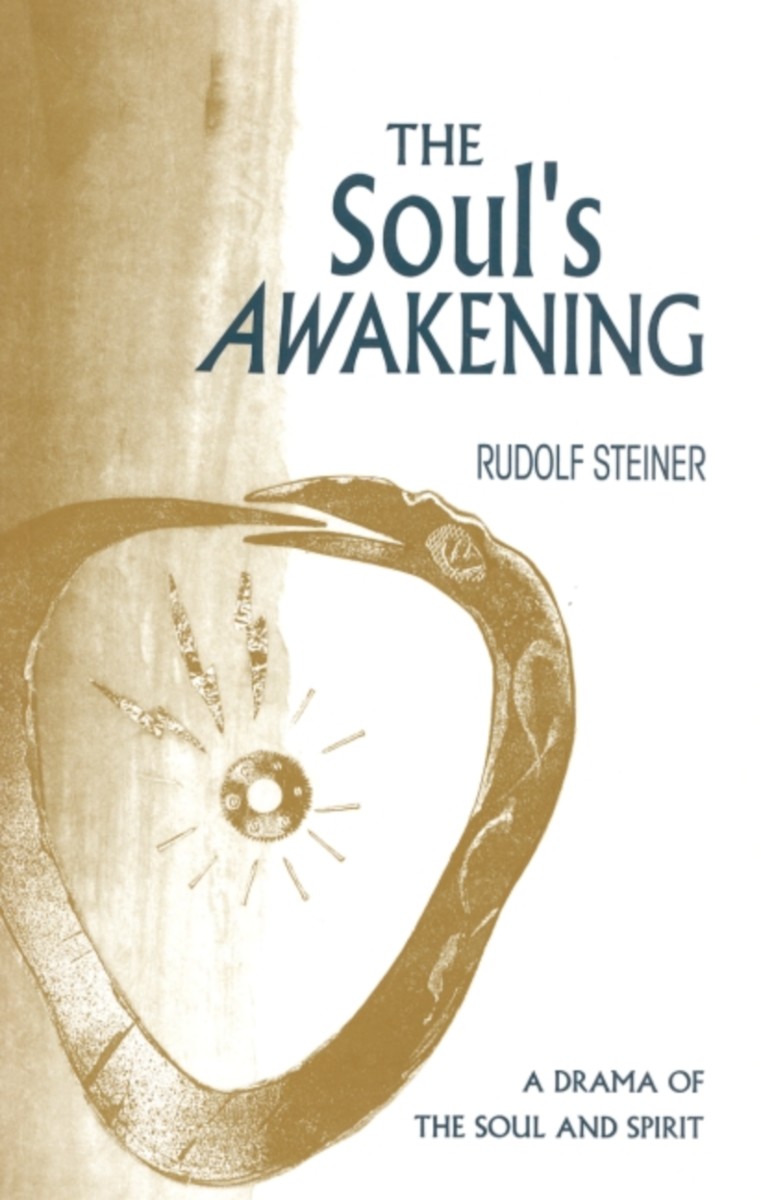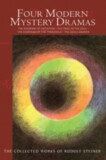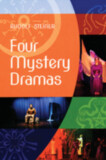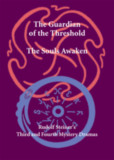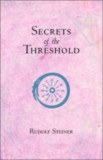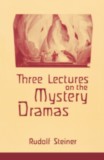The Soul's Awakening
A Drama of the Soul & Spirit (CW 14)
- Publisher
Temple Lodge Publishing - Published
1st December 1994 - ISBN 9780904693669
- Language English
- Pages 144 pp.
Premiered August 17, 1911, Gardener's Place Theater, Munich; published 1912 (CW 14)
Rudolf Steiner said of his mystery dramas that they contain the whole essence of anthroposophy and that if, through some unlikely chance, only these dramas were to survive, the essential content of anthroposophy would nevertheless be preserved.
These dramas are powerful portrayals of the complex processes of reincarnation and karma. In them, we are led to inhabit the living landscape of the human soul-spirit where suprasensory beings work at weaving the destinies of individuals.
Here we find a connection with the spiritual reality of human life itself by following the dramatic interplay of the joy and sorrow, struggle and striving of a group of individuals attempting to apply spiritual knowledge to their practical lives and relationships. To read, watch, or act in these plays is an initiation experience.
In The Soul's Awakening, the fourth mystery drama, an enlightened entrepreneur appoints a scientist, a historian, and an artist to use their spiritual perceptions to transform his business into one that serves spiritual as well as practical needs. A long-standing colleague objects, and a series of conflicts and crises develops.
As the plot unfolds, we follow the characters on a journey that moves from business meetings through various states of consciousness, into worlds known before birth and previous lives in Egypt.
This translation of Steiner’s fourth mystery drama was created for Portal Productions’ international tour of the drama during mid-1990s.
This volume is translated from the play in German, Der Seelen Erwachen: seelische und geistige Vorgänge in szenischen BildernRudolf Steiner
Rudolf Steiner (b. Rudolf Joseph Lorenz Steiner, 1861–1925) was born in the small village of Kraljevec, Austro-Hungarian Empire (now in Croatia), where he grew up. As a young man, he lived in Weimar and Berlin, where he became a well-published scientific, literary, and philosophical scholar, known especially for his work with Goethe’s scientific writings. Steiner termed his spiritual philosophy anthroposophy, meaning “wisdom of the human being.” As an exceptionally developed seer, he based his work on direct knowledge and perception of spiritual dimensions. He initiated a modern, universal “spiritual science” that is accessible to anyone willing to exercise clear and unbiased thinking. From his spiritual investigations, Steiner provided suggestions for the renewal of numerous activities, including education (general and for special needs), agriculture, medicine, economics, architecture, science, philosophy, Christianity, and the arts. There are currently thousands of schools, clinics, farms, and initiatives in other fields that involve practical work based on the principles Steiner developed. His many published works feature his research into the spiritual nature of human beings, the evolution of the world and humanity, and methods for personal development. He wrote some thirty books and delivered more than six thousand lectures throughout much of Europe. In 1924, Steiner founded the General Anthroposophical Society, which today has branches around the world.


